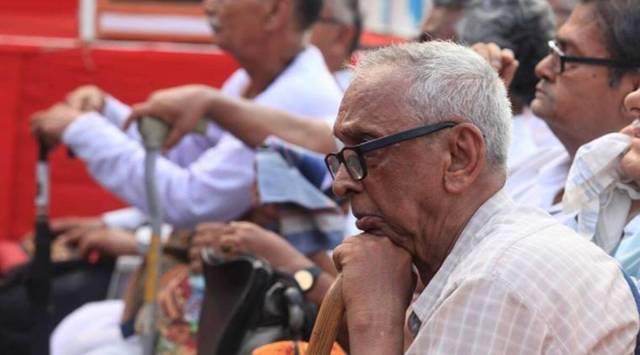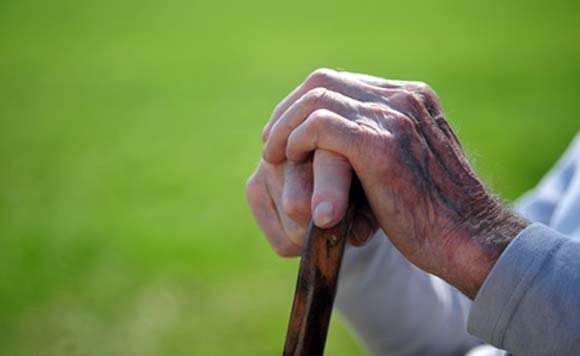India is home to one-fourth of the global elderly population; which is expected to rise to 319 million by 2050. According to the Ministry of Statistics & Programme Implementation, Government of India, 2021, approximately 13% of the population in India will comprise adults aged 60 years or above.
According to the Report of the Technical Group on Population Projections (July 2020), India’s elderly population is expected to reach 193.4 million by 2031. This dramatic increase from the 103.8 million senior citizens recorded in the 2011 Census, which represented 8.6% of the total population at that time, highlights the urgency of addressing issues related to healthcare, economic security, and social integration for older adults.
Problems faced by senior citizens in India
The problems faced by senior citizens in India include, healthcare challenges, financial issues, social challenges, infrastructure & accessibility, legal and policy challenges. However, a worrying trend is the prevalence of social isolation among elderly in India, which is almost 34%, and research shows that the problem is rising. Further, prevalence of loneliness among Indian older adults is also alarming with almost 55.4% of older adults experiencing loneliness.
Loneliness and social isolation are significant issues for many senior citizens, with around one in three older adults experiencing these feelings some of the time or often. Factors like loss of loved ones, decreased mobility, and health issues can contribute to this, leading to potential negative impacts on physical and mental well-being. However, the problem is underrated. Socially isolated and lonely individuals can be affected physically and psychologically, thereby affecting their overall wellbeing.
Why Indian elderly population is lonely?
Loneliness among senior citizens in India is a growing concern due to changing family dynamics and social structures. Traditionally, Indian families were built around multigenerational nurturing, but rapid urbanisation and migration have led to increased isolation among older adults.
Changing family structures: Nuclear families and migration of younger generations have reduced emotional support and caregiving for older adults.
Social isolation: Limited social networks, diminished mobility, and lack of community engagement contribute to feelings of loneliness.
Health issues: Chronic illnesses, physical limitations, and cognitive decline can exacerbate loneliness.
Impact of loneliness on Mental and Physical Health
Loneliness can lead to increased risk of mental health issues, including depression and anxiety disorders. Social isolation can impair cognitive function and increase the risk of dementia. Doctors say chronic loneliness can lead to cardiovascular disease, hypertension, and even diabetes.
How to keep senior citizens engaged?
The best way to handle the issue of loneliness is by keeping the elderly busy and engaged. Building stronger community networks through local gatherings, senior-friendly events, and volunteer work can help alleviate loneliness.
Community-based initiatives, like senior centres and clubs, can provide opportunities for social engagement and a sense of belonging.
Social media platforms are a great way to connect seniors with loved ones and the wider community.
Interactions between seniors and younger generations can foster meaningful relationships and challenge age-related stereotypes, which benefits both age groups.




